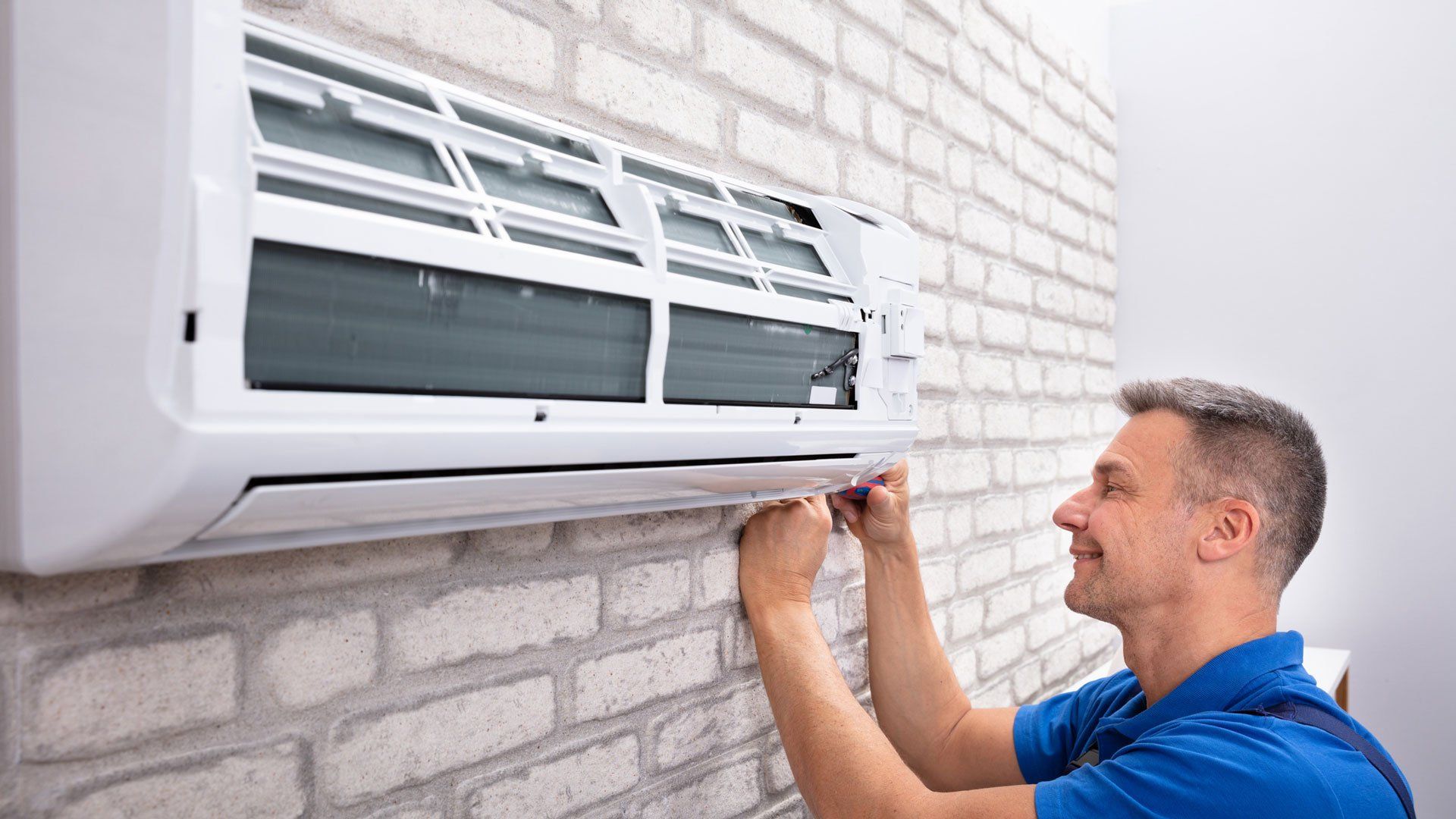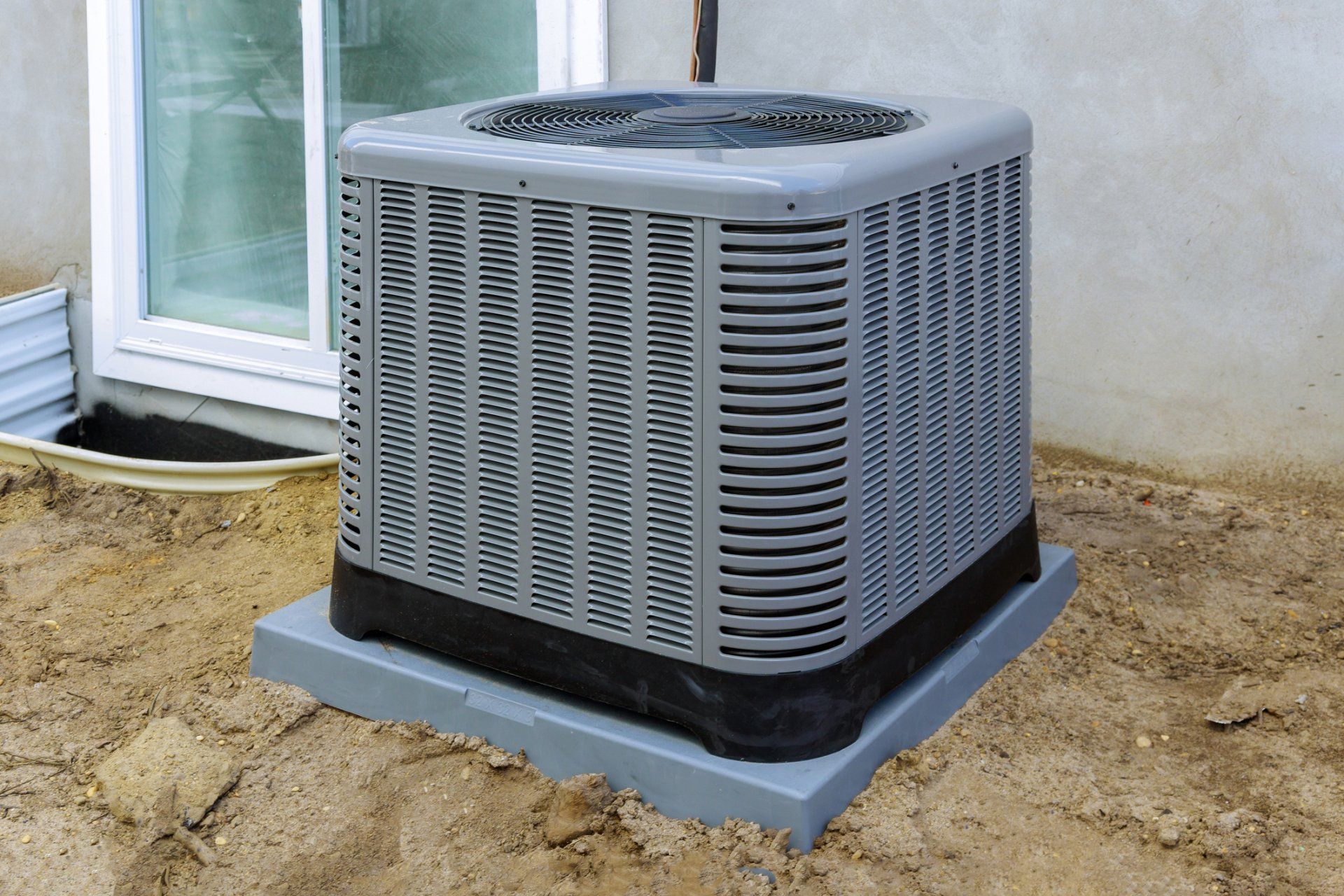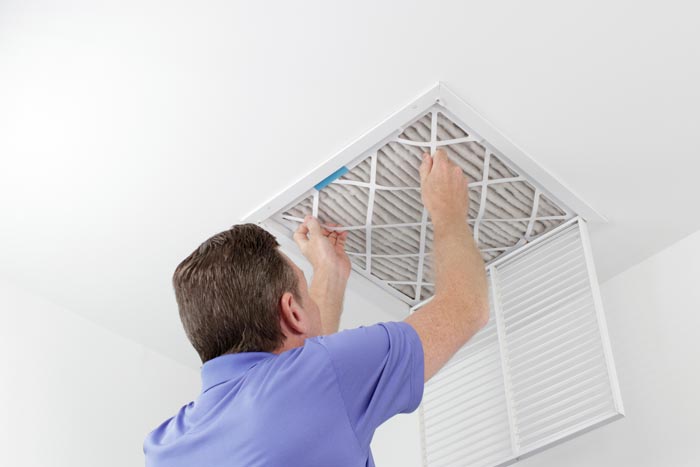Should You Replace Your AC Just Because It's Old?
A typical central air conditioning system lasts no more than about twenty years. This long lifespan means that many homeowners tend to think of replacement as something that's always in the distant future. While it's easy to consider replacement when your system is failing, does it make sense to replace an old, but otherwise functional system?
The adage may be that if it ain't broke, don't fix it, but the decision process for old appliances can sometimes be more complicated. If your home's AC system is fifteen years old or more, then it might be time to consider an upgrade. Here are just four reasons why keeping an old system in operation may be costing you more money than you expect.
1. Warranties Matter
Have you thought much about your air conditioner's warranty lately? If your system is more than ten years old, then it's likely that you haven't. Central AC parts can be expensive, and the typical warranty lasts no more than ten years. Even industry-best warranties only extend a few years beyond this point.
Once your system is outside of its warranty period, you'll be on the hook for the full cost of any repairs. While it doesn't make sense to replace your entire system just because its warranty period has ended, it's worth considering the lifespan of more expensive components. Replacing your system before failures occur can help you to dodge these costly replacements.
2. Repairs Can Pile Up
Warranties protect you from unexpected early breakdowns, but outside of your warranty period, you will be approaching the expected lifespan of most of the components in your system. For example, both the compressor and evaporator coils tend to last as long as your AC, about 15-20 years. Once one fails, the other may be close behind.
Unfortunately, a lack of maintenance can make these issues even worse. If you have neglected annual inspections, cleanings, or other essential maintenance tasks, then component failures can often occur one after another. It can be easy to find yourself in a situation where the nickel and dime costs of individual repairs eventually exceed the price of an entirely new system.
3. Newer Units Are More Efficient
Central air conditioning systems use the Seasonal Energy Efficiency Ratio (SEER) as a measure of energy usage. SEER rates the overall efficiency of the unit throughout the season, and a higher SEER rating means a more efficient system. Depending on your current annual AC energy costs, upgrading to a higher SEER unit may save a substantial amount of money.
In general, you can expect newer AC units to have a SEER rating of 15 or greater. If you are curious about the rating of your current system, you should be able to find a sticker on the casing of your outdoor condenser unit. An improvement of even a few points might offer you a savings of a hundred dollars or more per year on your utility bills.
4. You Will Avoid Downtime
There are more than just monetary advantages to replacing your old system, of course. As your current system ages, you will suffer more and more downtime as parts fail. Georgia isn't known for its cool summers, so going without air conditioning can be miserable. Even worse, breakdowns can be unexpected, and you may be waiting several days for repairs during the busy season.
By upgrading a system that's already reaching the end of its lifespan, you're more likely to have uninterrupted service throughout the summer. With proper maintenance, your new system will continue to provide you with efficient service for years to come.
If you think it might be time to give up your old air conditioner, then Parks Davis Air Conditioning & Heating can set you up with a new, energy-efficient system.
Get in touch to schedule an evaluation of your old system today!






